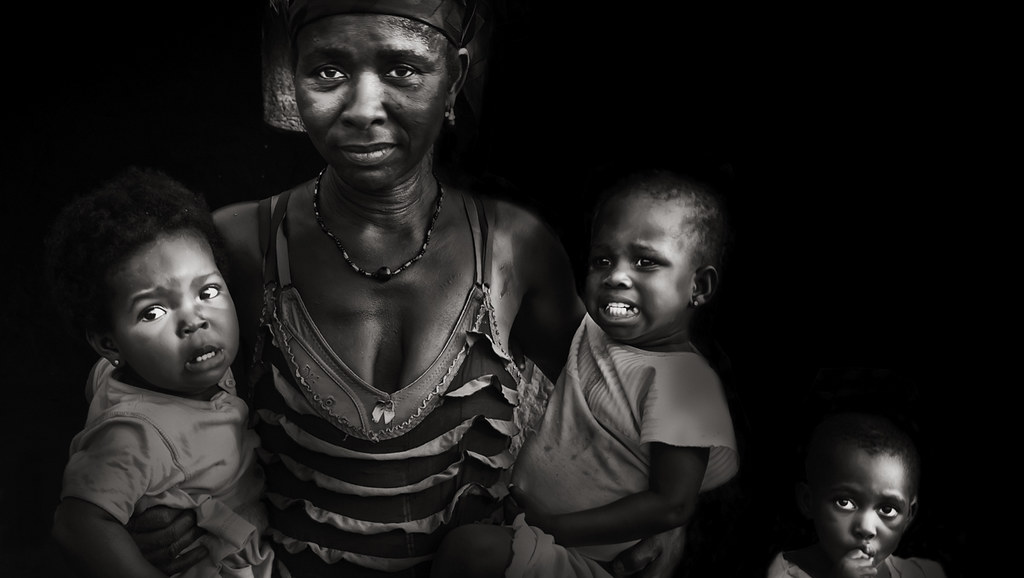Dr Felia Allum in the Department of Politics, Languages & International Studies has been awarded a Major Research Fellowship from the Leverhulme Trust to advance knowledge on the role of women in transnational organised crime.
Building on Felia’s already-impressive research outputs on the topic of Mafias and organised crime, this new three-year fully funded project, which runs from 2018 – 2021, will look at the roles women play in different transnational organised crime groups, focusing on European, African and Asian groups. This will look at women's involvement as victims, middle managers or, in some cases, as bosses in organised crime groups.
Huge hidden influence
Transnational organised crime groups, like terrorist cells, have a huge, albeit often hidden, influence on contemporary society. Whether through illicit trafficking, money laundering they present multiple policy challenges both domestically and internationally. Despite this there remains little detailed evidence of their illegal and legal activities, their recruitment methods or their multifaceted accomplices across Europe.
With many previous studies having focused solely on the role of men in these groups, it is hoped that this new project can help to present a fuller picture of people involved and the issues at stake. In addition to regular academic outputs, Dr Allum will use creative methods including video to share her findings with a wider audience.
On receiving the funding she explained: “At a time when governments around the world are struggling to develop effective solutions to stem the negative impacts associated with organised crime groups, this research is particularly timely. To date, research has almost exclusively focused on the role of men in these groups but that only tells us half the story.
“My hope is that through this new Leverhulme Trust-funded project we can develop a much clearer understanding of the real dynamics at play within these groups and by doing so shine a spotlight on how women are central to all of this.”
Putting PoLIS on the map
Head of the Department of Politics, Languages & International Studies, Dr Nick Startin added: “Felia’s research on the topic of Mafias and organised crime is generating significant interest around the world and is also helping to put the Department of Politics, Languages & International Studies on the map, both among media and policy-makers.
“We are confident that this significant new Leverhulme Trust funding can help further enhance our research strengths and by focusing on gender in organised crime it can reveal new insights in an important and under-researched area. We look forward to following the progress of the project with interest.”
With an autobiographical approach to research – highlighted recently through her award-winning book ‘The Invisible Camorra’ – as part of the project Felia will collect stories from women involved in some way in organised crime in a variety of different ways from family members to law enforcement.
The Leverhulme Trust was established by the Will of William Hesketh Lever, the founder of Lever Brothers. Since 1925 the Trust has provided grants and scholarships for research and education; today it is one of the largest all-subject providers of research funding in the UK, distributing approximately £80 million a year.

